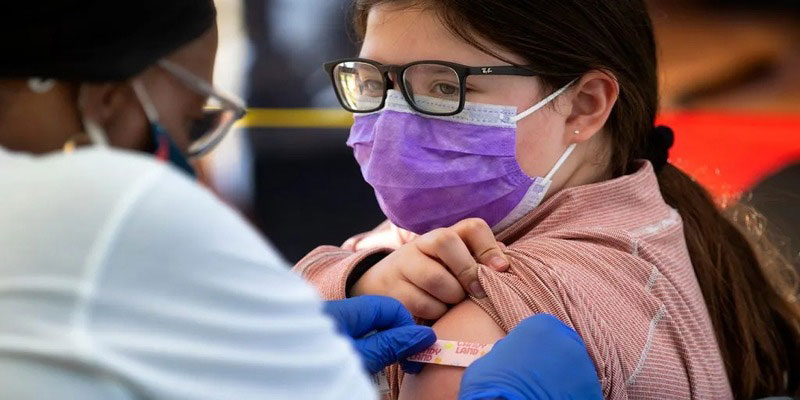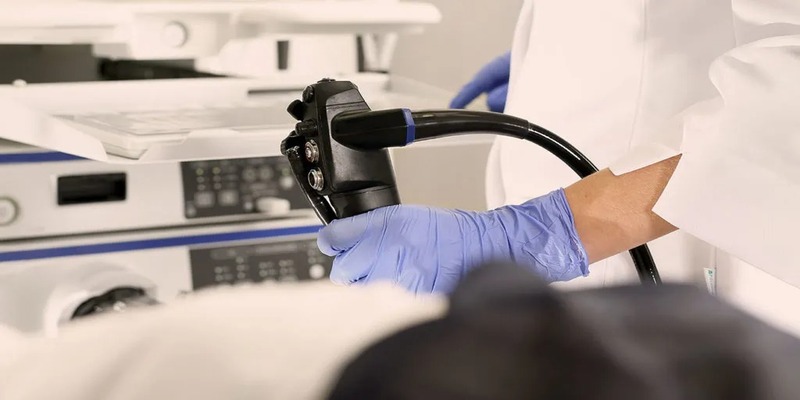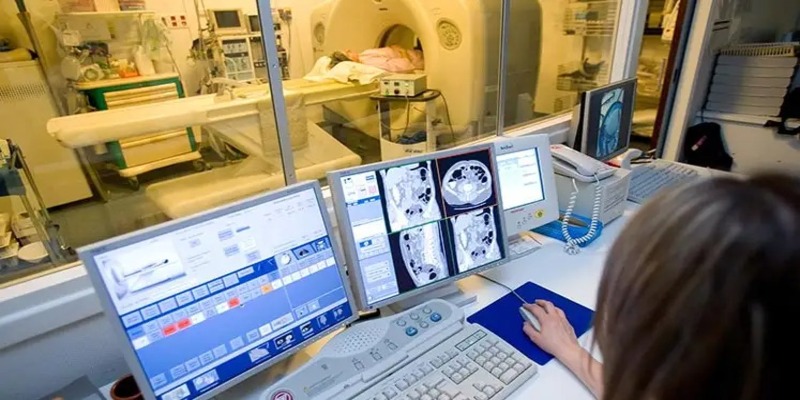
Life expectancy and quality of life can be significantly improved via preventative screening tests for certain malignancies. Mammograms, chest x-rays, yearly bloodwork, and colonoscopies are all examples of such diagnostic procedures.
The CDC predicts that 52,580 deaths will be attributed to colorectal cancer in 2022 and notes that the disease is becoming more common in those under 50. Many individuals, especially Black families, were deeply affected by Chadwick Boseman's untimely demise.
The death of a beloved Black American hero and the public spotlight on the alarming rise in colon cancer diagnoses and deaths among those under 45 caused widespread mourning.
Synopsis of a Colonoscopy

Lisa Ganjhu, DO, a gastrointestinal expert in New York City, told Health, "The goal of conducting a colonoscopy is able to view within the colon. Dr Ganjhu compared polyps to acne in the colon. Polyp removal lowers the likelihood of a polyp developing into colon cancer, a potentially deadly condition. Colon cancer screening is only one of several diagnostic applications for colonoscopy.
Coverage Mandates
Although the CDC recommends that everyone 45 and above start getting regular colon cancer screenings, those at higher risk may need to start testing sooner.
Since the United States Preventive Services Task Force recommends colorectal cancer screening tests, the Affordable Care Act mandates that commercial insurance and Medicare reimburse the costs of these tests. According to the law, patients cannot pay any out-of-pocket expense for these exams.
Aged 45 and Under Covered
Whether or not your health insurance will cover a colonoscopy depends heavily on the details of your medical history. Management consultant Brett C. of Atlanta, Georgia, told Health that he had his first colonoscopy at 36. Both of his parents had colon cancer and passed away within three months of one another, so he began taking precautions early. After further examination, precancerous polyps were found in both Brett's brothers.
Colonoscopy For Diagnosis
Screening colonoscopies are performed according to a set schedule and not to diagnose symptoms. In his words, "those presenting worrying signs, such as blood, a change in bowel habits, a change in stool diameter, diarrhoea, constipation, abdominal discomfort, or weight loss," would have diagnostic colonoscopies conducted on them. A colonoscopy performed for diagnostic purposes may be subject to different reimbursement standards than one performed for preventive purposes.
Costly Unexpected Expenses
This idea of "guaranteed coverage" is not always cut and dried, and unanticipated costs frequently arise. Insurers often avoid paying for screenings by hiding behind the term's broad definition. Learn why you could get a higher bill than expected after a screening colonoscopy and the steps you can take to reduce out-of-pocket expenses.
Providers Outside the Network
Patients should ask about coverage for each practitioner they see throughout the treatment. Payment must be made to more than simply the gastroenterologist.
Unfortunately, anesthesiologists being out-of-network is rather typical, and the cost you get for their labour can be incredibly unexpected, as Sonneborn noted to Health.
You have every right to file a complaint with your insurance company if you are denied the opportunity to choose an anesthesiologist from within your network.
Complexity Expenses

Another twist that no one saw coming is that initial approval for colonoscopy coverage could be given, but it might later be withdrawn if precancerous polyps are found. There may be variations in the policy from one insurance to another.
"My worst surprise expenditure was when my doctor perforated my colon after my colonoscopy and I spent three nights in the hospital," said Brett, who had private insurance. "My worst unexpected expense was when my doctor pierced my colon."
That expenditure was shared by me as well. Kindly keep in mind that I was working for one of the Fortune 100 companies at the time and had chosen to have the most comprehensive available health insurance.
Alternatives For The Uninsured
People who do not have health insurance should have colon cancer screening equally as frequently as those without insurance, even though doing so may be more difficult. Patients interested in comparing the costs of colonoscopies in their area may find the Healthcare Bluebook valuable.
It is essential to do an accurate health assessment of oneself. You could believe that scheduling a colonoscopy while being responsible for your finances and being in good health is unnecessary. On the other hand, considering the entire expense of cancer treatment, everyone should think about delaying screening.



